To Be a Christian Steward
A Summary of the U.S. Bishops’ Pastoral Letter on Stewardship
“As each one has received a gift, use it to serve one another as good stewards of God’s varied grace” (1 Pt 4:10).
What identifies a steward? Safeguarding material and human resources and using them responsibly are one answer; so is generous giving of time, talent, and treasure. But being a Christian steward means more. As Christian stewards, we receive God’s gifts gratefully, cultivate them responsibly, share them lovingly in justice with others, and return them with increase to the Lord.
Disciples as Stewards
Let us begin with being a disciple—a follower of our Lord Jesus Christ. As members of the Church, Jesus calls us to be disciples. This has astonishing implications:
- Mature disciples make a conscious decision to follow Jesus, no matter what the cost.
- Christian disciples experience conversion—lifeshaping changes of mind and heart—and commit their very selves to the Lord.
- Christian stewards respond in a particular way to the call to be a disciple. Stewardship has the power to shape and mold our understanding of our lives
- and the way in which we live.
Jesus’ disciples and Christian stewards recognize God as the origin of life, giver of freedom, and source of all things. We are grateful for the gifts we have received and are eager to use them to show our love for God and for one another. We look to the life and teaching of Jesus for guidance in living as Christian stewards.
Stewards of Creation
The Bible contains a profound message about the stewardship of material creation: God created the world, but entrusts it to human beings. Caring for and cultivating the world involves the following:
- Joyful appreciation for the God-given beauty and wonder of nature;
- Protection and preservation of the environment, which would be the stewardship of ecological concern;
- Respect for human life—shielding life from threat and assault, doing everything that can be done to enhance this gift and make life flourish; and
- Development of this world through noble human effort—physical labor, the trades and professions, the arts and sciences. We call such effort “work.” Work is a fulfilling human vocation.
The Second Vatican Council points out that, through work, we build up not only our world but the Kingdom of God, already present among us. Work is a partnership with God—our share in a divine human collaboration in creation. It occupies a central place in our lives as Christian stewards.
Stewards of Vocation
Jesus calls us, as his disciples, to a new way of life—the Christian way of life—of which stewardship is part. But Jesus does not call us as nameless people in a faceless crowd. He calls us individually, by name. Each one of us—clergy, religious, lay person; married, single; adult, child—has a personal vocation. God intends each one of us to play a unique role in carrying out the divine plan. The challenge, then, is to understand our role—our vocation—and to respond generously to this call from God. Christian vocation entails the practice of stewardship. In addition, Christ calls each of us to be stewards of our personal vocations, which we receive from God.
Stewards of the Church
Stewards of God’s gifts are not passive beneficiaries. We cooperate with God in our own redemption and in the redemption of others. We are also obliged to be stewards of the Church—collaborators and cooperators in continuing the redemptive work of Jesus Christ, which is the Church’s essential mission. This mission—proclaiming and teaching, serving and sanctifying—is our task. It is the personal responsibility of each one of us as stewards of the Church. All members of the Church have their own roles to play in carrying out its mission:
- Parents, who nurture their children in the light of faith;
- Parishioners, who work in concrete ways to make their parishes true communities of faith and vibrant sources of service to the larger community;
- All Catholics, who give generous support—time, money, prayers, and personal service according to their circumstances—to parish and diocesan programs
- and to the universal Church.
Obstacles to Stewardship
People who want to live as Christian disciples and Christian stewards face serious obstacles. In the United States and other nations, a dominant secular culture often contradicts religious convictions about the meaning of life. This culture frequently encourages us to focus on ourselves and our pleasures.
At times, we can find it far too easy to ignore spiritual realities and to deny religion a role in shaping human and social values. As Catholics who have entered into the mainstream of American society and experienced its advantages, many of us also have been adversely influenced by this secular culture. We know what it is to struggle against selfishness and greed, and we realize that it is harder for many today to accept the challenge of being a Christian steward. It is essential, therefore, that we make a special effort to understand the true meaning of stewardship and live accordingly.
A Steward’s Way
The life of a Christian steward models the life of Jesus. It is challenging and even difficult, in many respects, yet intense joy comes to those who take the risk to live as Christian stewards. Women and men who seek to live as stewards learn that “all things work for good for those who love God” (Rom 8:28).
After Jesus, we look to Mary as an ideal steward. As the Mother of Christ, she lived her ministry in a spirit of fidelity and service; she responded generously to the call. We must ask ourselves: Do we also wish to be disciples of Jesus Christ and Christian stewards of our world and our Church? Central to our human and Christian vocations, as well as to the unique vocation each one of us receives from God, is that we be good stewards of the gifts we possess. God gives us this divine-human workshop, this world and Church of ours.
The Spirit shows us the way.
Stewardship is a part of that journey.
Source: USCCB





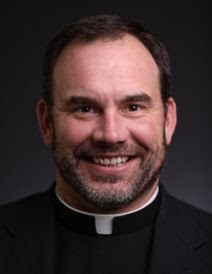

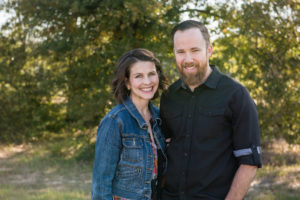
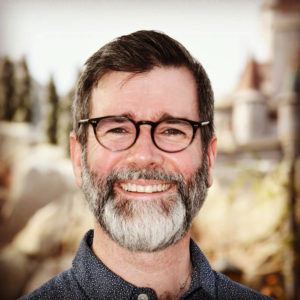
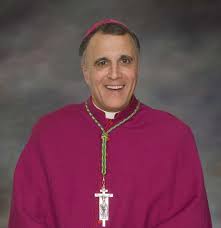
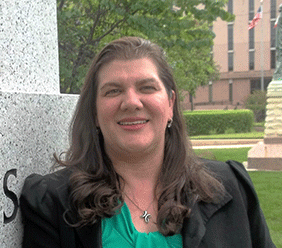
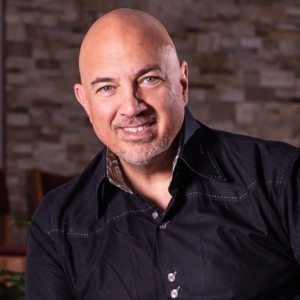
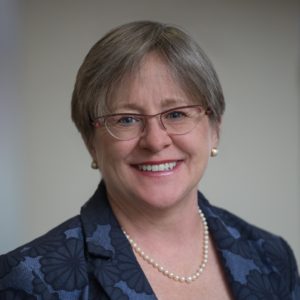 Kimberly Kay Cox
Kimberly Kay Cox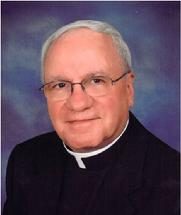
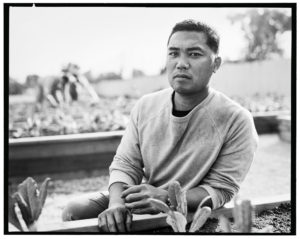


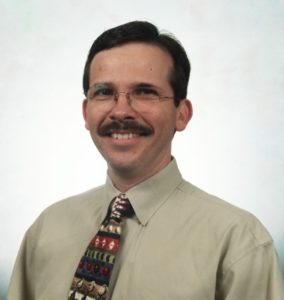


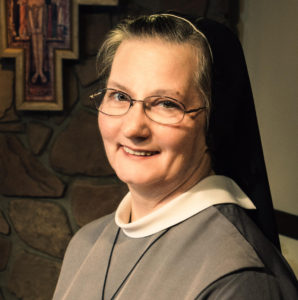
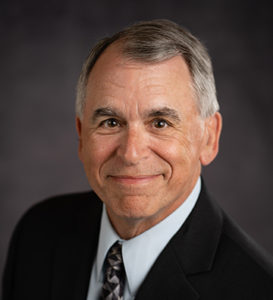 Mark Mogilka
Mark Mogilka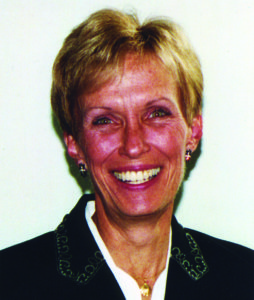
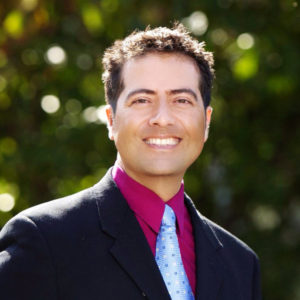



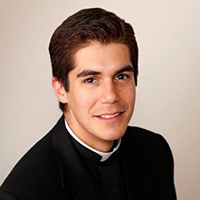
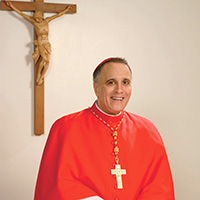

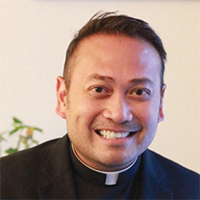




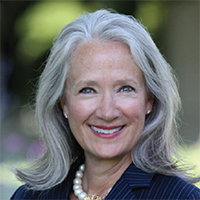

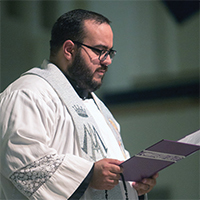
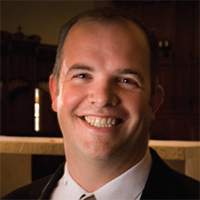


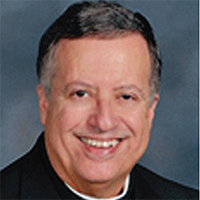

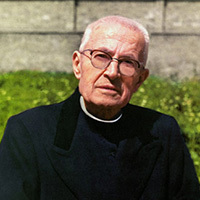
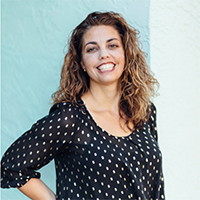

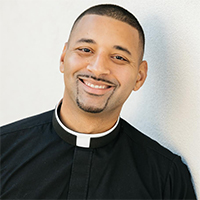

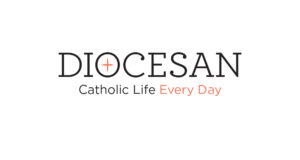


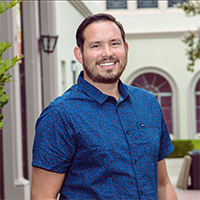
 Armando Cervantes
Armando Cervantes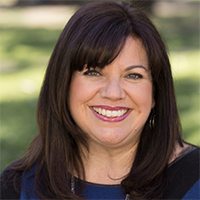 Anna Betancourt
Anna Betancourt
 Andrea Chavez-Kopp
Andrea Chavez-Kopp